How to Prepare for JEE and CBSE Together?
JEE Mains 2024 and CBSE Board Exams: Will I be able to excel in both exams - JEE Mains and CBSE or ICSE Board exam? These are the thoughts of every applicant who is preparing for the JEE Main along with their board exams. Both exams will be held approximately a month apart, so it is critical for students to have a perfect exam strategy in order to ace both exams. Juggling between competitive tests such as JEE and Board exams is not easy, and only a few people succeed.
Those preparing for these tests face a great deal of strain and anxiety in order to break through the shell and pass with flying colors. As a result, every aspirant must plan their day well, with sufficient attention and tenacity. Here are some pointers on how to prepare for JEE Main 2024 and CBSE board exams at the same time.
Exam Patterns for JEE Main and CBSE Board Exams
| JEE Main Exam Pattern: |
CBSE Board Exam Pattern (Class 12): |
|
Paper Options: JEE Main is conducted in two papers: |
Competency-based questions in the form of case-based questions, source-based questions, or any other Short /long Question Answer |
| Mode: Computer-Based Test (Online). |
Mode-MCQs - 20% |
| Subjects: Physics, Chemistry, and Mathematics. |
Subjects – Physics, Chemistry, Mathematics, Biology, English, and Hindi. |
| Type of Questions: Multiple Choice Questions (MCQs) and Numerical Value Questions. |
Type of Question-CBSE will be including about 20% MCQ-based questions for class 12 in the final board exams of 2024. A total of 40% of the questions in the final exams will be competency-based including MCQs, source-based, and case-study-based questions. Short and long answer-type questions will constitute 40% of the total questions. |
| Marking Scheme: +4 for correct answer, -1 for incorrect answer (except for numerical value questions). |
Marking scheme-CBSE Class 12 Exams have a total of 100 marks per subject. CBSE Class 12 Result is prepared by calculating both the theory and practical exam marks. |
| Total Marks: 300. |
Total marks for CBSE 12th exams in 2023 will be 500, as per the usual scheme. |
JEE Main Syllabus 2024
The JEE Main syllabus includes a wide range of Physics, Chemistry, and Mathematics disciplines. The curriculum is based on topics taught in classes 11 and 12 by several educational boards. Here's a quick rundown of the JEE Main syllabus.
How To Balance CBSE And JEE Exams?
Preparing for both the CBSE board exams and the JEE Main requires thorough planning and a well-structured approach. Here's a step-by-step preparation strategy to assist you efficiently prepare for both tests:
1. Understand the Syllabus:Examine the CBSE board test syllabus for Physics, Chemistry, and Mathematics, as well as the JEE Main syllabus.Identify related subjects between the two syllabus to aid in your preparation.
2. Create a detailed study plan: Create a detailed study plan that includes the entire CBSE and JEE Main syllabus.More effort should be spent on subjects or topics that are significant for JEE Main.
3. Time is distributed evenly:Divide your study time between CBSE and JEE Main preparation, with a greater emphasis on JEE Main courses.Aim to spend 60-70% of your study time on JEE Main topics and the rest on CBSE topics.
4. Interdisciplinary Study Plan:Integrate CBSE and JEE Main ideas into your daily study routine. To enhance efficiency, for example, study Physics for CBSE and JEE Main concurrently.
5. Setting Priorities:Choose high-weightage subjects for both the CBSE and the JEE Main. Make mastering these topics a major priority.
6. Conceptual Understanding: For both assessments, emphasis conceptual comprehension over rote memorization.
7. Common Study Materials:For CBSE topics, select NCERT texts because they serve as the foundation for both CBSE exams and JEE Main.
8-Excellent Study Materials:Use standard reference books and study resources recommended by professionals for JEE Main preparation.
9. Effective Time Management:Set up certain time slots for each subject and topic based on its importance and level of difficulty.
10. Consistent Practice: Set aside some time each week for regular CBSE and JEE Main practice. Complete puzzles, numerical questions, and practice papers.
11-Mock Exams and Previous Year's Papers: - Take CBSE and JEE Main mock exams on a regular basis to improve your time management and performance. Solve previous year's question papers to familiarize yourself with the exam structure.
12. Revision Strategy: Plan for regular revisions of CBSE and JEE Main concepts. Make quick notes for future reference.
13. Ask for Help:Seek clarification from teachers, mentors, or internet forums when you run into problems.
14. Happiness and Health:Prioritize your health by getting adequate sleep, eating well, and exercising. Keep yourself away from burnout.
15. Stability and adaptability:Maintain consistency in your study plan while remaining adaptable to shifting conditions.
16. Stress Reduction: Engage in stress-relieving activities such as meditation, hobbies, and spending time with family and friends.
17-Positive Attitude: Keep an optimistic mindset and believe in your capacity to perform well in both CBSE and JEE Main.
Strategies to Solve Numerical Problems in JEE Main
1. Understand: Carefully read the problem and absorb the information provided.
2. Concepts: Locate relevant concepts, formulas, and principles.
3. Units: Pay attention to units and make sure they are compatible.
4. Simplify: Break difficult problems down into smaller steps.
5. depict: To grasp and depict the scenario, use diagrams.
6. Formula: Select the appropriate formula and tweak it as needed.
7. Substitution: Correctly substitute values, keeping signs and fractions in mind.
8. Step-by-Step: Solve the problem progressively, using unambiguous calculations.
9. Estimation: Estimation is used to determine reasonableness.
10. Check Units: Ensure that the final answer's units match the expected units.
11. Check the Format: Make sure the answer follows the correct format.
12. Timed Problem Solving: Improve your speed by practicing timed problem solving.
13. Learn from Your Mistakes: Examine your mistakes and figure out how to prevent them in the future.
14. High-Weightage: Concentrate on commonly tested topics.
15. simulated examinations: Take full-length simulated examinations to practice for exams.
16.Calmness: Stay calm during the exam and move on if you get stuck.
17. Seek Assistance: If necessary, seek assistance from teachers or peers.
18.Regular Practice: Regular practice improves problem-solving abilities.
These tactics will help you solve numerical problems efficiently in the JEE Main exam.
Most Popular and Highly Regarded Books For JEE Main Preparation
There are several important books that are widely recommended for JEE Main preparation due to their comprehensive coverage of topics and quality content. Here are some of the most popular and highly regarded books for JEE Main preparation:
| Physics | Chemistry | Mathematics |
| 1. "Concepts of Physics" by H.C. Verma | 1. "Physical Chemistry" by O.P. Tandon |
1. "Higher Algebra" by Hall and Knight |
| 2. "Fundamentals of Physics" by David Halliday, Robert Resnick, and Jearl Walker | 2. "Concise Inorganic Chemistry" by J.D. Lee |
2. "Coordinate Geometry" by S.L. Loney |
| 3. "Understanding Physics" series by D.C. Pandey | 3. "Organic Chemistry" by Morrison and Boyd |
3. "Differential Calculus" by Amit M. Agarwal |
| 4. "Problems in General Physics" by I.E. Irodov | 4. "Modern Approach to Chemical Calculations" by R.C. Mukherjee |
4. "Integral Calculus" by Amit M. Agarwal |
General Reference
"NCERT Textbooks" for Physics, Chemistry, and Mathematics (Class 11 and 12) "Previous Years' JEE Main Papers""Arihant's Series" is a JEE Main preparation series.
Frequently Asked Questions (FAQs)
Q1- Can I prepare for JEE Main and CBSE board exams simultaneously?
Ans-Yes, you can study for both tests concurrently. While JEE Main requires a more in-depth comprehension of subjects, CBSE exams cover a broader range of topics. A balanced approach and effective time management are required.
Q2-How do I manage time between JEE and CBSE preparations?
Ans-Make more time for JEE Main subjects (Physics, Chemistry, and Mathematics) and less time for CBSE subjects. Make a study program that covers the syllabi for both tests, including enough time for revision.
Q3- Can I use NCERT textbooks for both JEE and CBSE preparations?
Ans-NCERT texts are required for both exams. They serve as the cornerstone for grasping topics and are vital resources for laying a solid foundation.
Q4-Should I focus more on practice or theory for JEE and CBSE preparations?
Ans- Both practice and theory are important. While JEE Main necessitates application-oriented knowledge, CBSE exams cover a broader range of topics. Maintain a healthy balance of theory and problem-solving practice.
Q5-Is it necessary to join coaching classes for JEE preparation?
Ans-Coaching classes can give systematic instruction and practice, but they are not required. Self-study using high-quality study materials, online resources, and mock tests can also result in success.
Q6-How do I handle stress during dual preparation?
Ans-Stress management is critical. Maintain a balanced schedule that includes breaks, exercise, and relaxation. Avoid overburdening oneself by using mindfulness practices.
Q7-Can I use previous years' question papers for both exams?
Ans- Yes, solving past years' questions for both the JEE Main and CBSE board exams is advantageous. They acquaint you with exam patterns and assist you in understanding question trends.
Q8- Should I prioritize high-weightage topics for both exams?
Ans-Yes, concentrate on high-weightage themes that appear on both the JEE Main and CBSE exams. Understanding this will benefit you in both instances.
Q9- How can I revise effectively for both exams?
Ans-It is critical to revise on a regular basis. Make brief notes, complete sample papers, and review key themes. Prioritize topics that you find difficult.
Q10- Can I study with friends for both exams?
Ans-Group study can be advantageous, but it must be kept focused and productive. Discuss your doubts, work through challenges, and test each other on essential concepts.
Useful JEE Main Links You Should Not Miss
JEE Details You Should Not Miss
JEE Coaching Centers


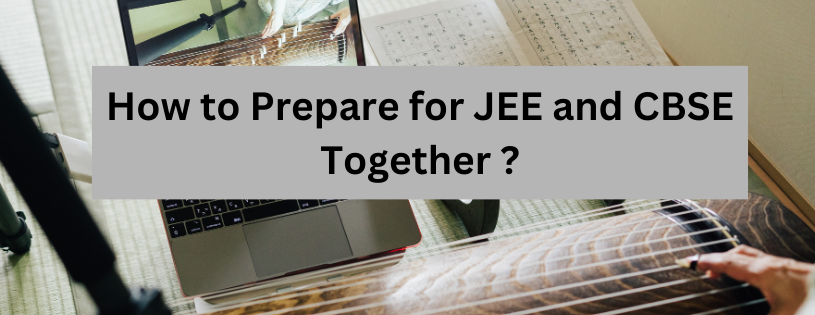
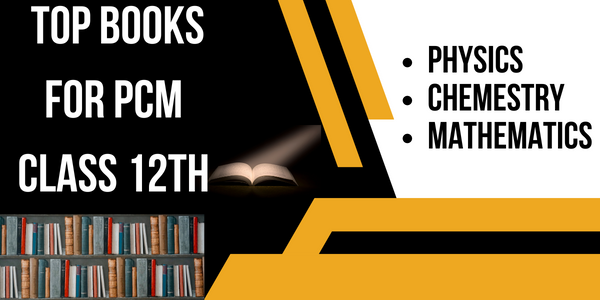
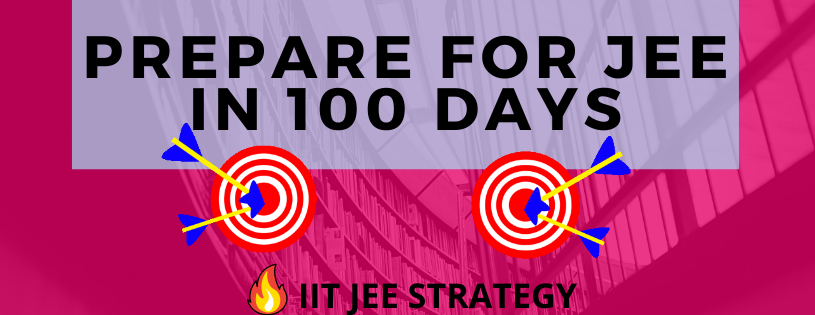
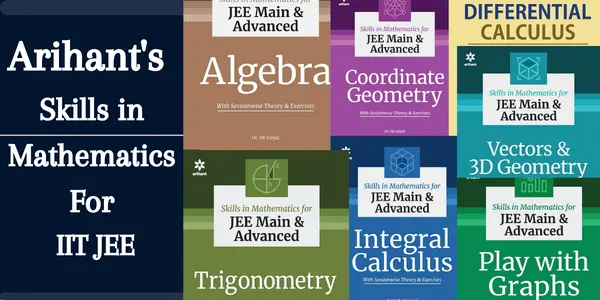
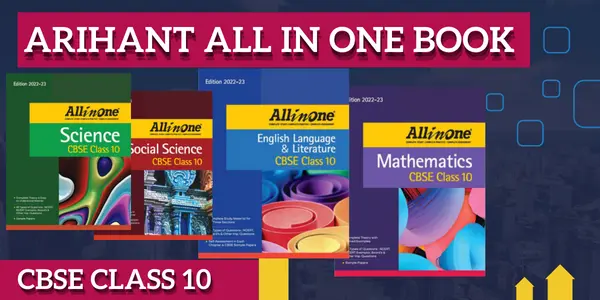
%20(1).png)
.webp)






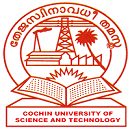 CUSAT CAT (Cochin University of Science ...)
CUSAT CAT (Cochin University of Science ...)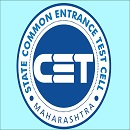 MHT CET (Maharashtra Common Entrance Tes...)
MHT CET (Maharashtra Common Entrance Tes...) KCET (Karnataka Common Entrance Test...)
KCET (Karnataka Common Entrance Test...)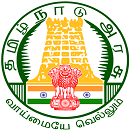 TNEA (Tamil Nadu Engineering Admissions...)
TNEA (Tamil Nadu Engineering Admissions...)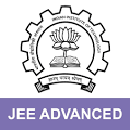 JEE Advanced (Joint Entrance Examination...)
JEE Advanced (Joint Entrance Examination...)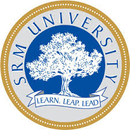 SRMJEEE (SRM Joint Engineering Entrance ...)
SRMJEEE (SRM Joint Engineering Entrance ...) WBJEE (West Bengal Joint Entrance Examin...)
WBJEE (West Bengal Joint Entrance Examin...).webp) GUJCET (Gujarat Common Entrance Test...)
GUJCET (Gujarat Common Entrance Test...)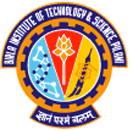 BITSAT (Birla Institute of Technology an...)
BITSAT (Birla Institute of Technology an...)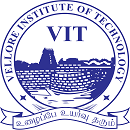 VITEEE (Vellore Institute of Technology ...)
VITEEE (Vellore Institute of Technology ...)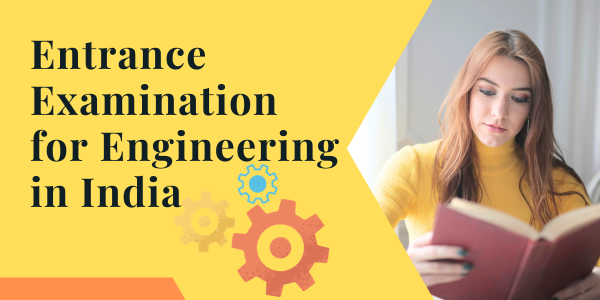
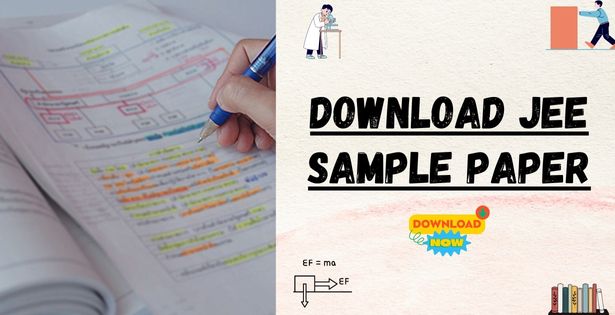
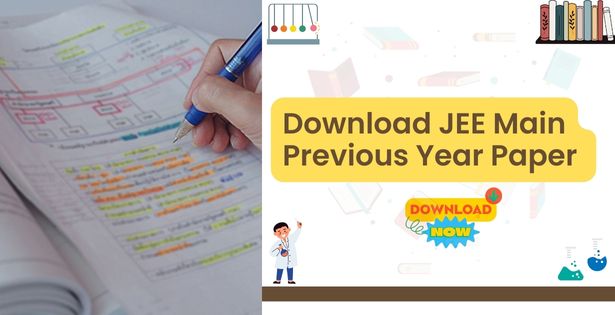
%20(1).png)
